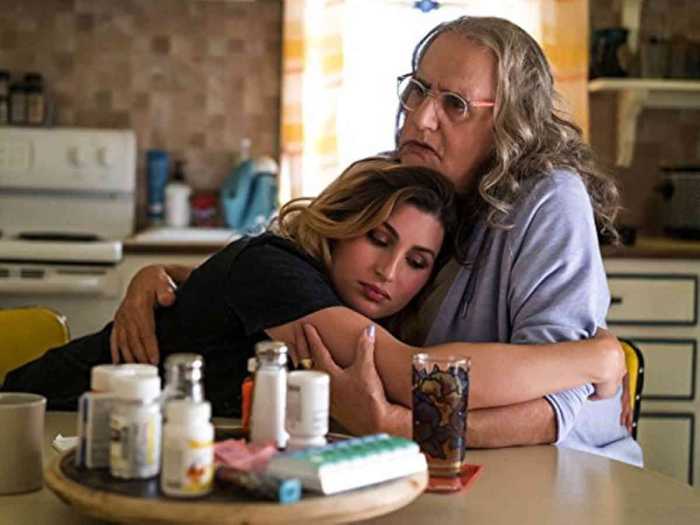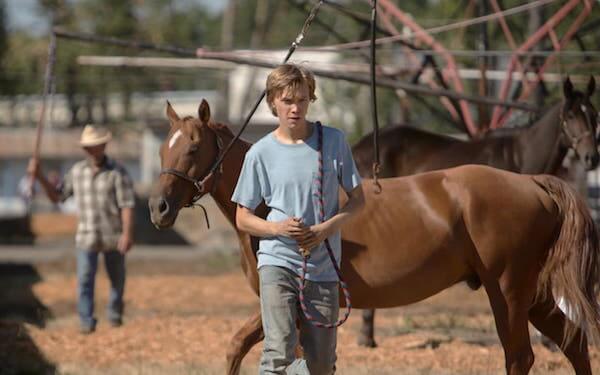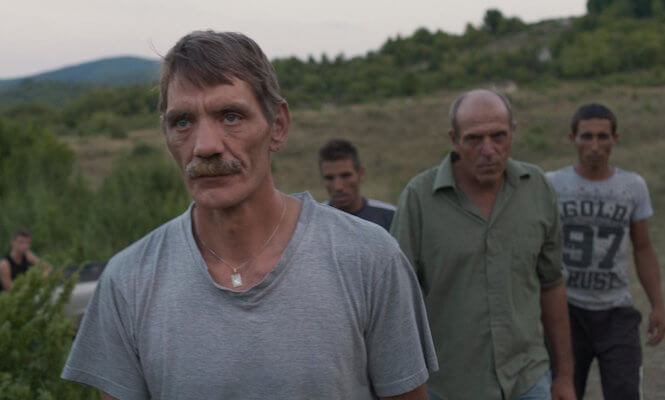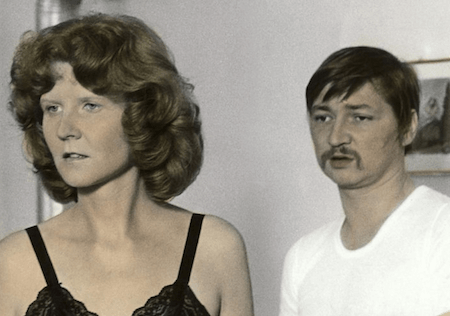Is “Carol,” Todd Haynes’ outstanding adaption of Patricia Highsmith's classic lesbian novel “The Price of Salt,” a piercing study of the title character (Cate Blanchett), or is its primary concern the role Carol has as catalyst for her lover Therese’s (Rooney Mara) sexual awakening? This lush, gorgeous film is, to be sure, both a heart-rending drama and a stirring romance between two women coming to grips with their sexual identities in the conformist 1950s. The performances by the two actresses are nothing short of miraculous.
“It’s ultimately Therese’s story,” said director Todd Haynes in an interview with Gay City News. “Carol is the object of desire, and she pretty much maintains that position through most of the film because she’s not the one in danger, the way Therese is. You have to compare their statuses, and who can get mortally wounded or eternally changed through pain by the other. And that’s really Therese.”
Dazzling in its attention to period detail, Haynes’ film shows the characters bewitching each other when Carol, in a fur coat she wears like a suit of armor, browses in the department store where Therese works. Carol is incredibly alluring, and when she asks Therese about a doll as a Christmas gift for her daughter, the shop girl suggests a train instead, hinting perhaps at her own tomboyish-ness. Their conversations, on the surface innocuous, are full of coded, discrete signals that underscore unspoken desires. The exquisite, slow-burn romantic tension Haynes creates in “Carol” makes the moment when the characters finally kiss after the film’s midpoint truly electric.
Cate Blanchett, Rooney Mara shine in Todd Haynes’ adaptation of Patricia Highsmith novel
The filmmaker said the intense desire and passion between the two women must play out in very specific ways.
“In the book, when Carol puts her hand on Therese’s shoulder, she also gives Therese a quick kiss on the head, and Therese, in recounting it, ‘only feels [Carol’s] fingers burning through my shoulder… I missed the kiss,’ he explained. “The thing you most want to remember and feel and experience in real time, you miss because you’re preoccupied with something else.”
A hand-on-a-shoulder scene is shown twice in the film, capturing the burning but stifled emotions Carol and Therese share. Other gorgeous visuals have Therese looking forlornly out a car window wet with rain, longing for something better that her relationship with Richard (Jake Lacey) –– something real, something different. Richard pressures Therese to spend the holidays with his family and travel with him to France.
In contrast, Carol is seen trying to control her intense emotions, which range from anger to passion. She is fighting a battle for custody of her daughter Rindy (Kk Heim) with husband Harge (Kyle Chandler). Blanchett exhibits amazing self-restraint as a driven woman; a speech she gives in a lawyer’s office is a remarkably powerful moment.
Cinematographer Ed Lachman, who also shot Haynes’ “Far from Heaven,” makes every scene ache with the poignancy of an Edward Hopper painting.
“That’s what I like about period films is that you are holding up a frame that you are asking the audience to look into,” Haynes said. “A frame makes you aware that there is a point of view, that you’re not looking somewhere else. Someone is actually telling you what to see, and you’re being asked to figure out why. When a frame is obstructed, you desire to get past that obstruction to what is on the other side. It’s this game, but it stokes desire, so it’s all about levels of interference and obfuscation and boundaries. Things that can’t be said overtly, or directly, so all of that makes you burn with a hunger to get to these points.”
In moving toward the core of “Carol” and the physical relationship between the two women, Haynes ramps up the desire and the suspense.
“The viewer is wondering: How is it going to happen? What’s going to happen? Every time they go to bed and we cut to the next morning, you think, did something happen? Did I miss it?,” he explained. “The audience is in this state of pensive over-reading as well as Therese, and that’s exactly what Therese is experiencing.”
Haynes relishes such moments in his film, and pointed specifically to a lunch between the two women after they first meet that had Therese a bit perplexed, but also smitten.
“That first lunch is so awkward,” he said. “Carol drifts off, and Therese is left hanging. What just happened?… You, the viewer, are like Therese in her little eternal chamber — you are reading all the gestures and signals, but you are also reading the mores of the time. Carol can invite Therese to lunch because a woman can invite a younger woman to lunch in that era. If it were a man, it would have been scandalous, unheard of, unthinkable.”
As the women’s relationship becomes more serious –– and, as a result, more dangerous –– the story has each striving to protect their professional and family lives, but also their sexual happiness. This is what makes last act of “Carol” so powerful.
“Way before Therese can find the syntax for her feelings for Carol, or understanding that this is a love that other people have felt — and there’s a problem in the world with that: you better get ready — you’re going to hit some obstacles,” Haynes explained. “It’s so primal. It’s not militant, it’s not liberation, there’s no social agenda, just these fragile shards of reading every glance, wink, accidental touch, for what it means, for your fate.”
He added, “What I think great movies do, is, whenever we feel something in a movie, it’s our emotions, it’s not something the movie is producing; we’re producing the emotions.”
In his sure-handed way of creating the emotions captivating Therese and Carole, Haynes offers audiences extraordinary room for engaging their own emotions.
CAROL | Directed by Todd Haynes | The Weinstein Company | Opens Nov. 20 | Angelika, 18 W. Houston St. at Mercer St. | angelikafilmcenter.com | Paris Theatre, 4 W. 58th St. | theparistheatre.com
The Film Society of Lincoln Center presents a retrospective on Todd Haynes’ 20-year filmmaking career Nov. 18-29. Details are at filmlinc.org.




































